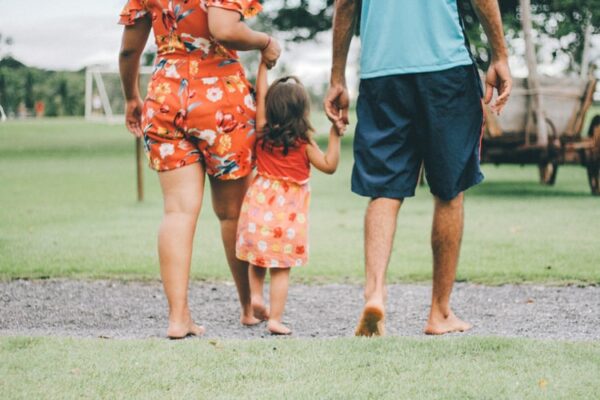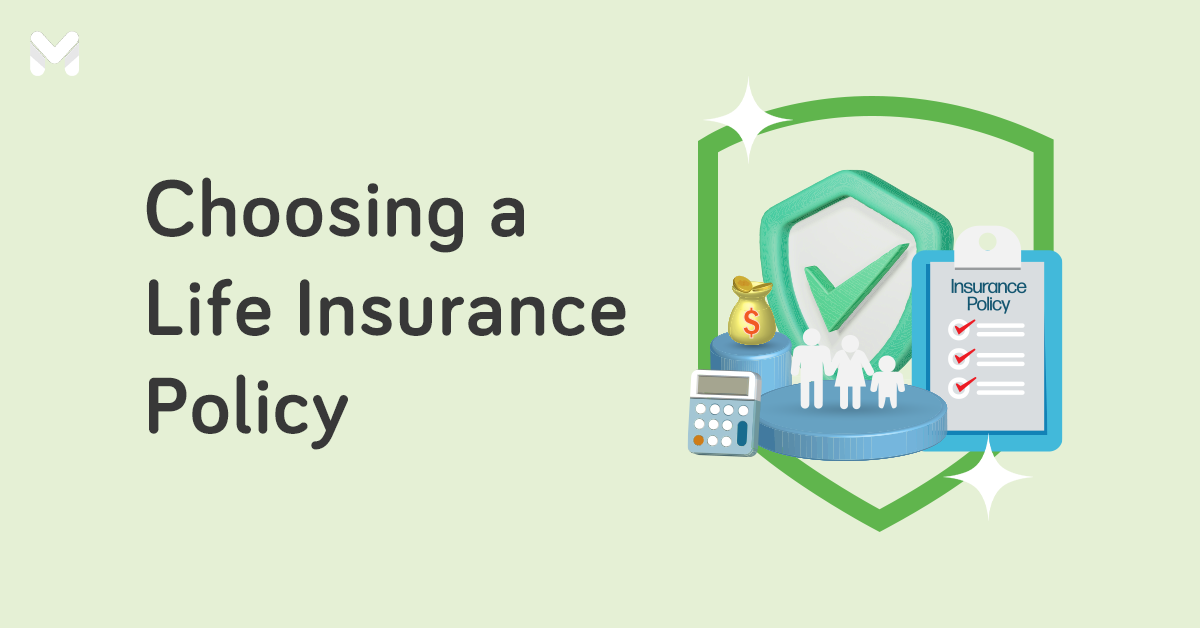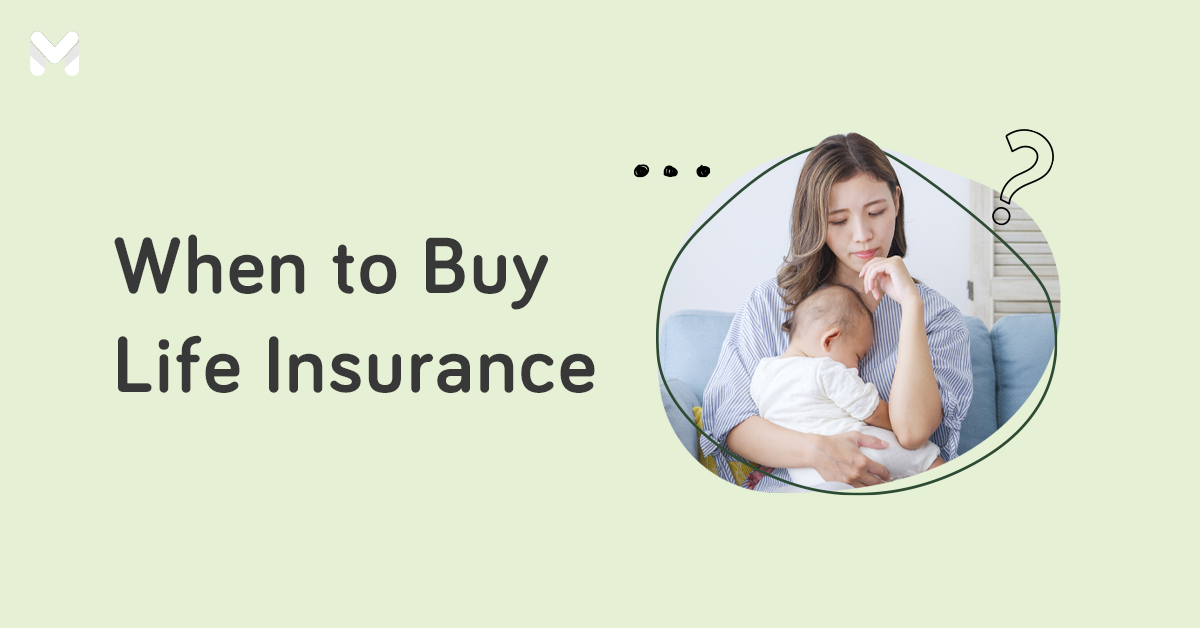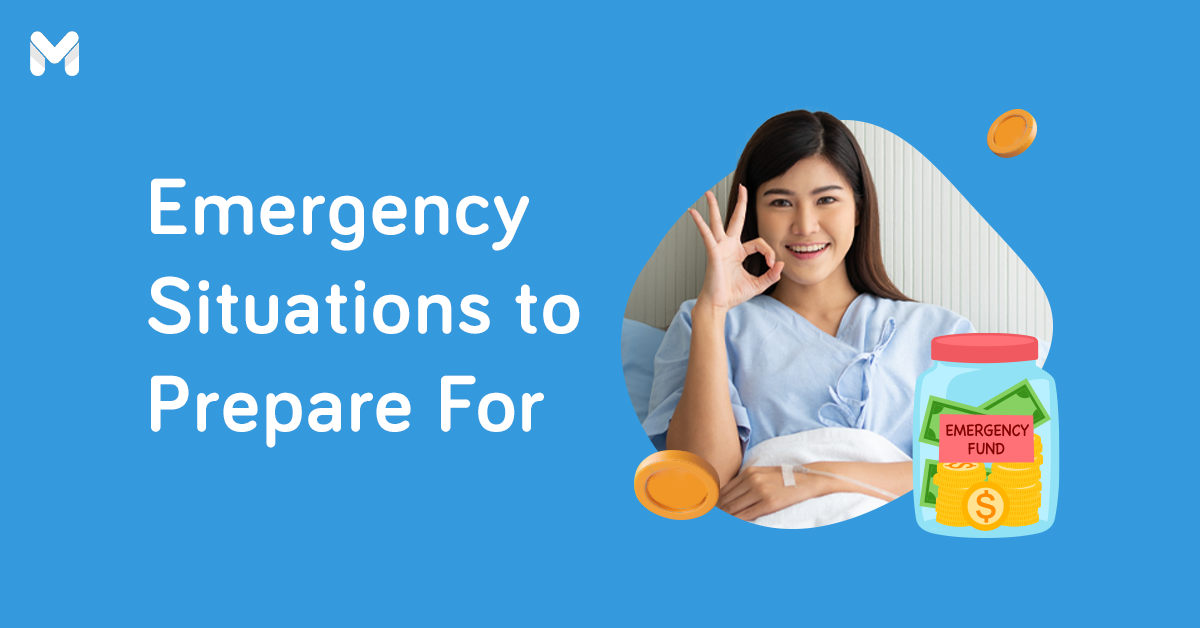Life insurance is one of the important ways to provide financial security for you and your family.
Lianne Laroya, the founder of the personal finance and lifestyle blog The Wise Living,[1] considers insurance as a “tool where you pay centavos to get thousands” since the payout received is much greater than the total premiums you pay. This payout covers a variety of situations such as medical coverage, estate tax assistance, and burial expenses, among many others.
What is Life Insurance in the Philippines and How Does It Work?
Life insurance is a contract between the insurance company and the insured that guarantees a sum of money to be paid to the insured or their beneficiaries when the insured meets an accident, suffers an injury, or dies. In exchange, the insured pays premiums for a certain period to enjoy insurance coverage.
What to Consider Before Getting Life Insurance in the Philippines
Despite the many benefits of having life insurance in the Philippines, many are still hesitant to insure themselves.
For instance, you may be starting your first job out of college, and when you’re presented with an insurance policy, you have the advantage of paying lower premiums. On the other hand, your parents have multiple dependents (aka you and your siblings) and will be charged a much higher premium. This leads to the question, "When is the best time to apply for life insurance?"
Thinking of getting life insurance but not sure when the right time is? Below are eight factors to consider before getting life insurance in the Philippines.
1. Your Age

What is the best age to get life insurance in the Philippines? While there's no such thing as the right age to buy a policy, the policyholder's age does matter when it comes to insurance premiums.
Life insurance products are generally age-banded. This means a policy gets more expensive as years go by.
So if you keep postponing a life insurance purchase, your premiums can become more costly the longer you wait for the "right time" to buy life insurance in the Philippines. It's because the risk for an insurance provider to pay out the life insurance benefits to a policyholder gets higher with each passing year.
You should get life insurance in your 20s or 30s. According to Investopedia,[2] the best time to get life insurance is when you're under 35 years old. At this age, your premiums are likely to be cheaper.
2. Your Financial Situation
Your financial standing is an important consideration when getting a life insurance policy. Ensure that you have enough emergency funds before you get yourself insured.
Your main goal in getting life insurance is to financially aid your dependents should anything unfortunate happen to you, such as a critical illness or accidental death.
When your home needs major repairs or your child needs to be confined in the hospital, you'd need an emergency fund to cover these because life insurance won’t.
You should get life insurance if you're already financially stable and have built an emergency fund to cover unforeseen expenses. Life insurance can protect you and your family for the future, not for the present.
Read more: Starting a Family? Consider These 10 Family Insurance Types
3. How Much Premium You Can Afford to Pay

How much is life insurance in the Philippines? Annual premiums range from ₱15,000 to ₱100,000+ and even higher if you opt for supplementary benefits. On average, that is a monthly payment of ₱5,000 (around ₱60,000 per year) you'll have to pay over five to 30 years, depending on your chosen term.
Ensure that you have a steady source of income or continuous cash flow to make the payments on your premium. Even better, once you've decided to get life insurance, include your insurance payments as part of your monthly budget.
You should get life insurance if you can afford regular payments for the long term. Before you apply for life insurance in the Philippines, make sure that you can pay the annual premiums.
You could lose coverage if you miss enough payments. If you cancel your policy due to the inability to pay your premiums, you won't be able to get a refund of the premiums you've already paid.
4. Types of Life Insurance in the Philippines

Life insurance in the Philippines can be classified into three types: term life, whole life, and variable universal life insurance (VUL). Each of these types of life insurance products caters to different budgets, coverage needs, and goals.
Term Life Insurance
Also called term insurance, it's the cheapest life insurance option. It charges the lowest premiums because it has no savings or investment component.
The coverage of term insurance is up to 30 years. If nothing unfortunate happens to the policyholder within the term period, they'll not receive any death benefit. The premiums paid won't be returned as well.
Whole Life Insurance
This type of life insurance in the Philippines provides coverage and requires premium payments for the policyholder's entire life (hence, the term "whole life") or until the insured is 100 years old. Unlike term insurance with limited coverage periods, whole life insurance doesn't expire.
VUL Insurance
VUL provides living, disability, and death benefits while allowing the policyholder to earn from its investment component. It's like a hybrid of whole life insurance and mutual funds investing. A VUL policy gives the insured an option as to where his/her money will be invested, whether in stocks, bonds, and/or money market funds.
You should get life insurance if you've decided on the optimal type of life insurance for you. The right insurance product depends on several factors such as your financial goal, how long you need coverage, and how much premium you can afford.
Related article: 3 Empowered Pinays Share Their Journey and Tips to Succeed as a Financial Advisor
5. Your Family's Medical History
Some types of life insurance in the Philippines, mostly those with critical illness benefits, cover medical complications. Thus, it’s best to apply for a life insurance policy with medical coverage.
Take note, though, that when you apply for life insurance in the Philippines, you will need to undergo a medical exam and will be asked about your family’s medical history. You may have to pay a higher premium, but remember that the payout you'll receive will be much higher than the total amount you paid in premiums.
You should get life insurance if your family has a history of serious illnesses like cancer, diabetes, and heart disease. As much as you don’t want to think about it, having a bad medical history increases your chances of experiencing complications as you get older, making it more expensive for you to get life insurance later on.
6. Your Lifestyle

Your habits come into play when deciding whether to buy life insurance or not. One of the first questions usually asked when someone applies for life insurance is, "Do you smoke?" Smokers tend to pay higher premiums because smoking takes a major toll on one's health and can lead to a variety of health problems.
Are you into mountain hiking, diving, or car racing? Hobbies that are considered high-risk physical activities can drive your premiums up, as engaging in them increases the likelihood of an accident or death.
At the same time, healthy habits such as exercising regularly and having a proper diet can help lower your insurance premiums. This is because you are less likely to get sick with an active lifestyle.
However, despite feeling invincible right now, you'll never know what will happen to you decades down the road. If you have sufficient emergency funds and can afford the monthly premium payments, consider getting life insurance and take advantage of the lower premiums for those keeping a healthy lifestyle.
You should get life insurance if you're more susceptible to diseases because of your unhealthy habits (e.g. smoking, alcoholism, sedentary lifestyle, etc.). When you're diagnosed with an illness covered by your insurance policy, receiving your payout decreases the stress of having to look for alternatives to cover your medical costs.
7. Whether You Have Dependents or Not

This is the most obvious reason to get life insurance. If you have a number of people depending on your income for financial support, life insurance is the best way to protect them. Your beneficiaries could be your children, spouse, siblings, and/or elderly parents.
Assets, such as real estate and bond and stock certificates, are subject to estate tax. Before your assets can be distributed to your heirs, they'd have to pay a huge estate tax. If you own a house worth ₱10 million, the estate tax would cost them ₱1,215,000, and paying for this may be difficult for your loved ones.
If you have life insurance in the Philippines, your dependents can use the payout to pay for estate tax. Even better, unlike assets such as real estate and other investments, proceeds from a life insurance policy are not subject to taxes.
Life insurance protects your family in the future. Having dependents is one of the best reasons to get life insurance.
You should get life insurance if you have dependents who rely on your income. If you don’t have any yet, you can postpone getting life insurance and invest your money instead. However, take note that premiums only go up as you get older.
Read more: Estate Planning: Why It’s Important and How to Get Started
8. Your Financial Goals
Not only do your loved ones receive protection when you get life insurance in the Philippines. It also helps you protect your precious assets as well.
Do you own any major assets such as a house or car? With a life insurance policy, you can protect your hard-earned assets against foreclosure or repossession by the lender when the unexpected happens.
For example, if you're injured from an accident that prevents you from earning income to pay for your monthly mortgages, the life insurance benefits you'll get can help you partially or fully cover the payments.
You should get life insurance if you have any high-value asset that needs to be protected against the financial burden resulting from death or permanent disability.
See also:
Final Thoughts
The decision on whether to get life insurance or not varies from person to person. It's based on your needs and your financial standing.
Ultimately, life insurance protects your loved ones from financial difficulties and ensures they're taken care of when you're gone. However, note that life insurance is mainly for your dependents, so before you apply for life insurance, make sure that you're also saving and investing for yourself. If you’re fresh out of college and living with your parents, you may not need life insurance yet.
Before you learn how to get life insurance in the Philippines, it’s best to go "window shopping" first. Prices and coverage will vary depending on the policy. So, do your research first before you sign the papers.

Sources:
- [1] The Wise Living Blog
- [2] Best Age to Get Life Insurance (Investopedia, 2022)







_1200x350.png?width=1200&height=350&name=FWD_Life_Insurance_Generic_(Mar_2024)_1200x350.png)
_CTA_Banner.png?width=751&height=219&name=Singlife_Main_KV_(Sep_2023)_CTA_Banner.png)
_1200x350.png?width=751&height=219&name=UB_PL_Generic_2_(Jan_2025)_1200x350.png)


